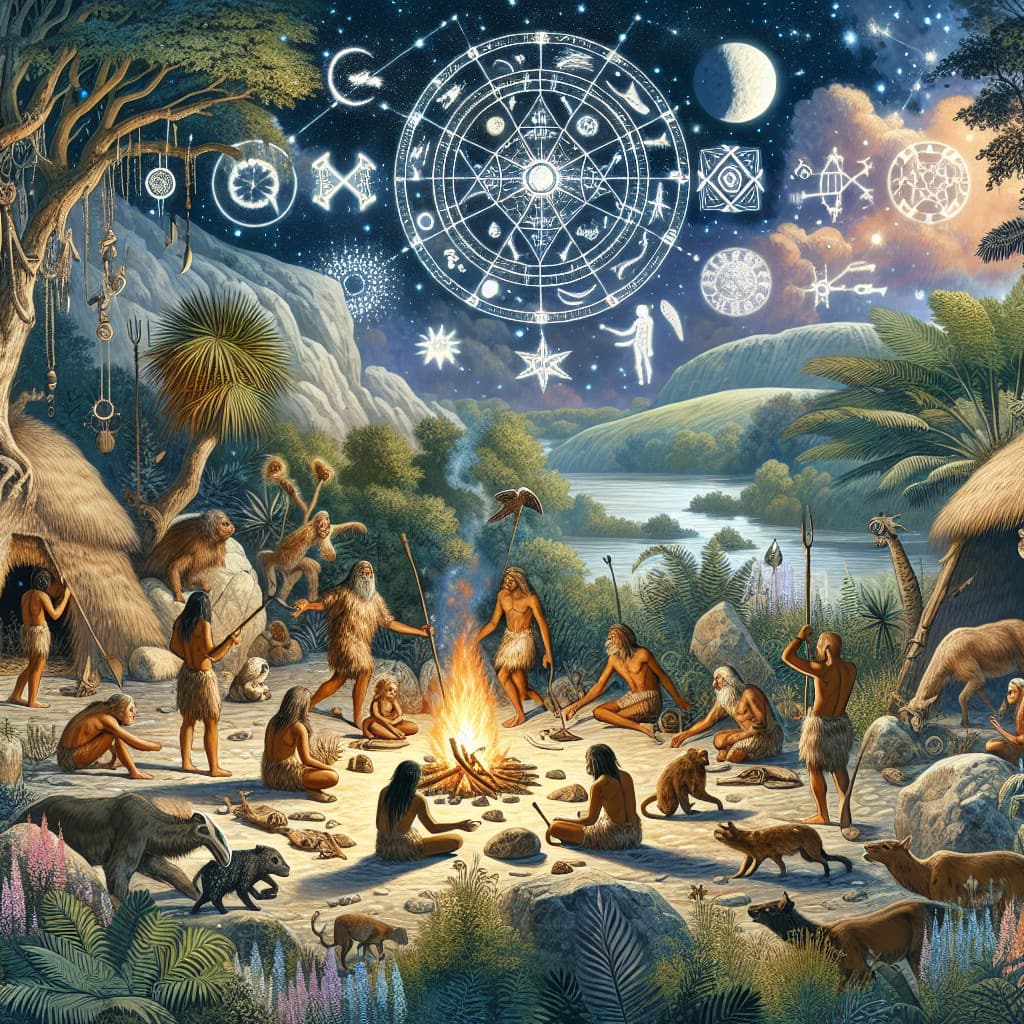Paganism is a broad term used to describe an array of different spiritual paths that have been practiced since ancient times. For many, the term paganism is synonymous with the pre-Christian religions of Europe, but it can also refer to other religions, including those of indigenous peoples around the world. In this article, we will explore the question of whether paganism is the oldest religion in existence and what evidence supports this claim.

Paganism is one of the oldest religious practices in the world, predating Christianity by thousands of years. It has its roots in ancient pagan beliefs and rituals, and has been practiced in various forms throughout history. Though it is often misunderstood and misrepresented, Paganism is an ancient and complex spiritual path that is still practiced today.
What is Paganism?
Paganism is an umbrella term for a wide variety of spiritual paths and traditions. It is an Earth-based spiritual practice that honors the divine in all of creation and celebrates the cycles of nature. Paganism is polytheistic, meaning it honors a variety of deities, and it is animistic, meaning it honors the sacredness of all living beings.
Paganism also encompasses a range of magical and ritual practices, including spell-casting, divination, and invocation. Paganism is a nature-based spirituality that is often rooted in the cycles of the seasons, the phases of the moon, and other natural phenomena.
The Roots of Paganism
Paganism has been practiced in some form since ancient times. The ancient Greeks and Romans practiced Pagan rituals, as did many cultures throughout Europe, the Middle East, and Africa.
Paganism was largely suppressed during the Christianization of Europe, but it survived in isolated pockets of the continent. During the Renaissance, interest in Paganism was revived and some of its traditions were incorporated into European folk beliefs.
Modern Paganism
In the 19th and 20th centuries, modern Paganism emerged as a distinct spiritual path. This new form of Paganism was heavily influenced by the ancient Pagan traditions, but was also shaped by the cultural and philosophical trends of the time.
Modern Paganism is an umbrella term that encompasses many different spiritual paths, including Wicca, Druidry, Asatru, and other Earth-based religions.
Pagan Beliefs and Practices
Paganism is an individualistic spiritual path, and its beliefs and practices can vary greatly from one practitioner to another. However, there are some common beliefs and practices that are shared by many Pagans.
One of the central beliefs of Paganism is the concept of the divine in all of creation. Pagans believe that the divine is present in everything – from the smallest insect to the tallest mountain – and that all life is interconnected.
Pagans also honor the cycles of nature and seek to live in harmony with the Earth. This often involves celebrating seasonal holidays, such as the Summer and Winter Solstices, and other natural phenomena, such as the phases of the moon.
Pagans often practice rituals and magic as a way to connect with the divine and to manifest their desires. Rituals can take many forms, including spell-casting, divination, and invocation.
Conclusion
Paganism is an ancient spiritual path that is still practiced today. It has its roots in ancient pagan beliefs and rituals, and has been shaped over the centuries by various cultural and philosophical trends. It is an Earth-based spiritual practice that honors the divine in all of creation and celebrates the cycles of nature. Paganism is an individualistic spiritual path, and its beliefs and practices can vary greatly from one practitioner to another.
The answer to the question of whether Paganism is the oldest religion is a complicated one. While it is difficult to pinpoint an exact origin, it is clear that Paganism has been around for centuries, predating many of the major world religions. Its roots can be traced back to the worship of nature and the gods of the land, and its influence can be seen in many of today’s spiritual practices. What is important to remember is that Paganism is a diverse and ever-evolving spiritual practice, and its many forms have been around for centuries.





